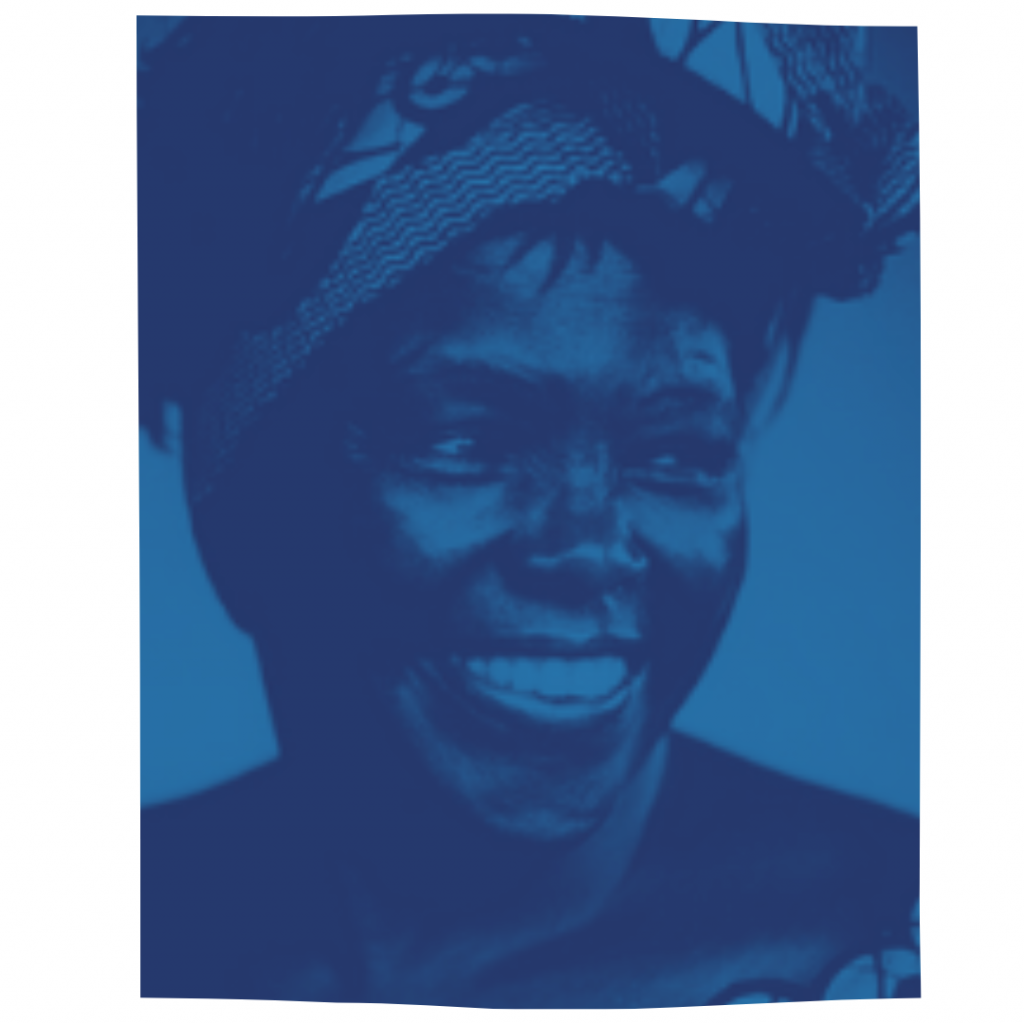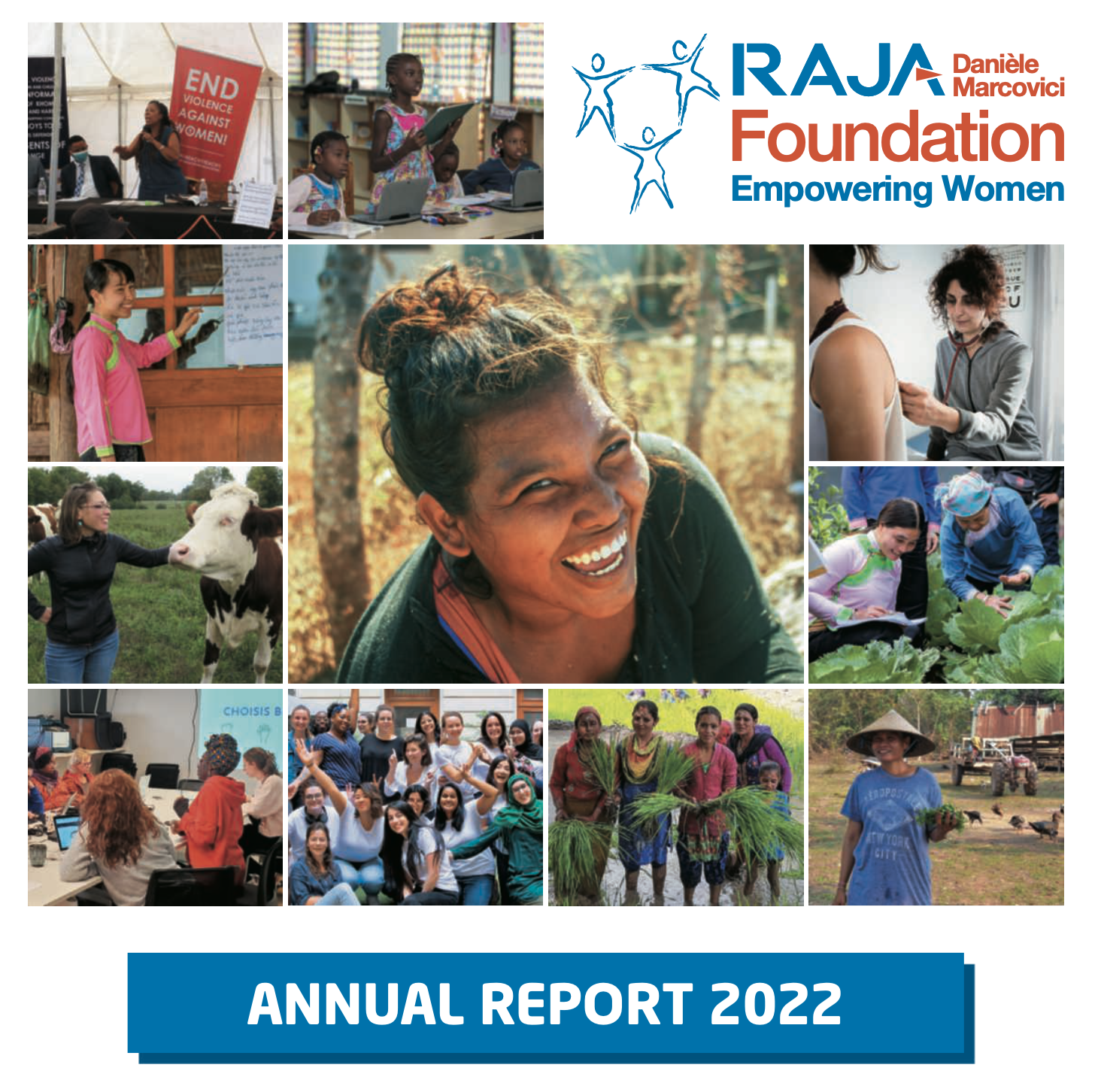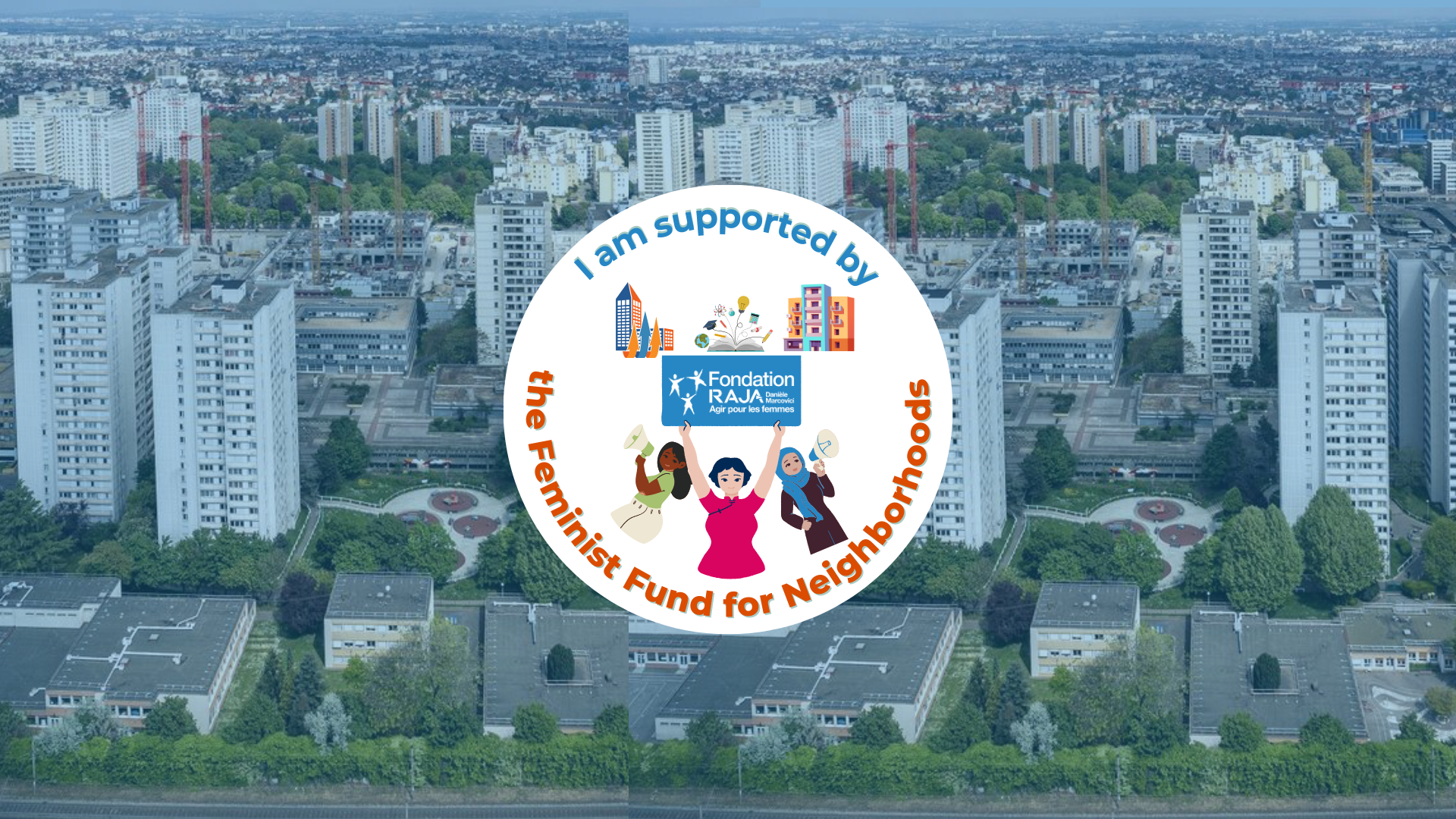Interview with Solène Ducrétot: Understanding Ecofeminism
Solène Ducrétot is a journalist, co-creator of the former ecofeminist collective Les Engraineuses, and co-founder of the ecofeminist collective Les Volonterres. In 2020, she published "Après la pluie – comprendre l’écoféminisme" (Tana Editions) with Alice Jehan.
6 October 2023
- Why is it important to link feminism and ecology?
To answer this question, I’ll quote a phrase that often comes up when discussing ecofeminism: ‘Who would want an equal share of a cancerous cake?’ In other words, what’s the point of saving the planet if, in the process, we once again marginalize half of the world’s population? Conversely, why fight for equality if the planet becomes uninhabitable due to climate change and pollution?
- Can you share an example of an ecofeminist activist?
Wangari Muta Maathai was a Kenyan woman who fought for forest rights in the 1980s. She realized at the time that the president of her country was illegally selling the forests in her region to industrialists, including for building tennis rackets. This exploitation disrupted both the biodiversity ecosystem and the social ecosystem of her territory: in the summer, the forest absorbs water from the ground and helps prevent desertification, while during the monsoon, it regulates the water flow system. The arrival of the industrialists led to the death of the trees. Small farmers could no longer sustain themselves because agriculture was no longer viable due to floods and droughts. Husbands had to leave their wives and children to seek work in the city, leaving them vulnerable to the violence of mercenaries.

To address this situation, Wangari Muta Maathai mobilized the women of this region to save the trees by chaining themselves to them. Local authorities tried to stop them with violence, beating their bodies. This episode brought international media attention to their struggle, which raised funds for a reforestation campaign in the region. Wangari Muta Maathai then mobilized the women a second time to replant the trees. In a short time, the ecosystem and biodiversity were restored, and husbands were able to return to the village to reinstate local farming.
- Why is ecofeminism relevant today?
The resurgence of ecofeminism in Europe today can be attributed, in part, to the 2015 COP21 conference, which increased awareness and knowledge of ecological issues among the French population. Subsequently, the #MeToo and #Balancetonporc movements brought feminist issues to the forefront. Now, people are familiar with these issues, which allows for better collaboration on projects that intertwine both themes.
- Do you have any advice for those looking to get involved or learn more?
For people who want to get involved in or learn more about ecofeminism, there are many podcasts available on the subject. Years ago, with Les Engraineuses, we published the book ‘Après la pluie, horizons écoféministes,’ which explores various branches of ecofeminism.
It’s also possible to engage through small daily actions, even if they don’t change the world overnight. This provides a starting point and helps determine the direction of one’s commitment. For example, by purchasing fair trade products, which ensure fair wages for women in Southern countries and allow children from these regions to attend school.
To delve deeper, you can join collectives, attend festivals, become involved in decision-making circles, or even create entrepreneurial projects within organizations.


